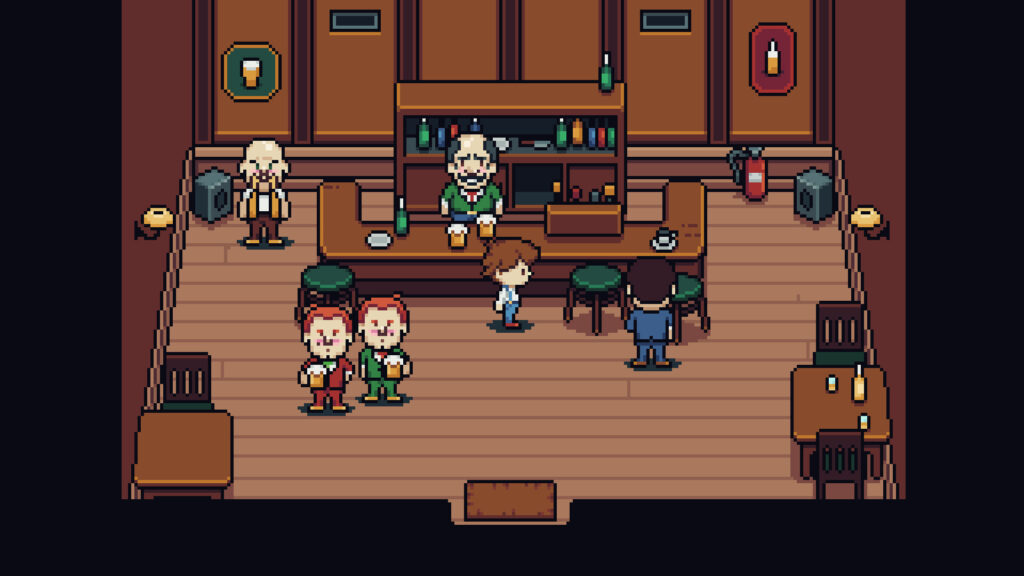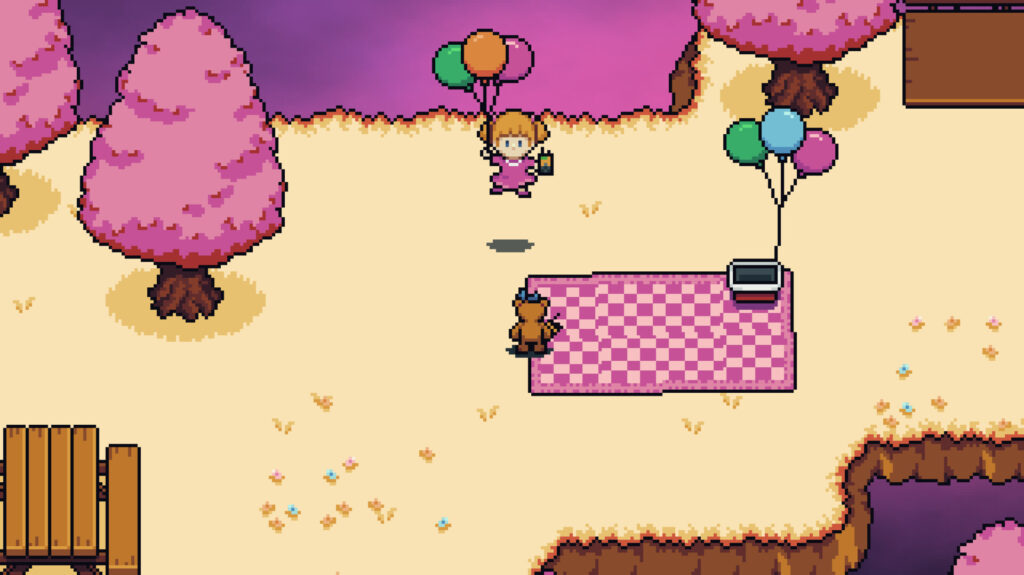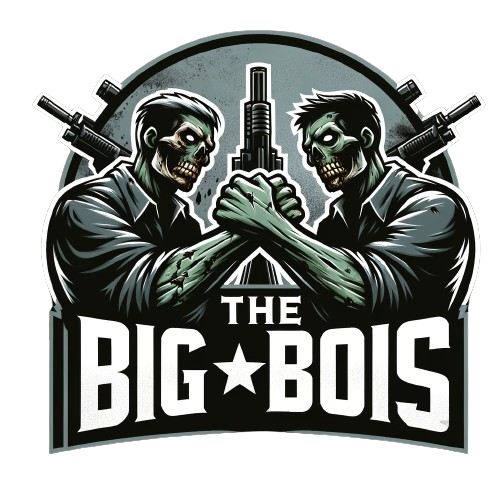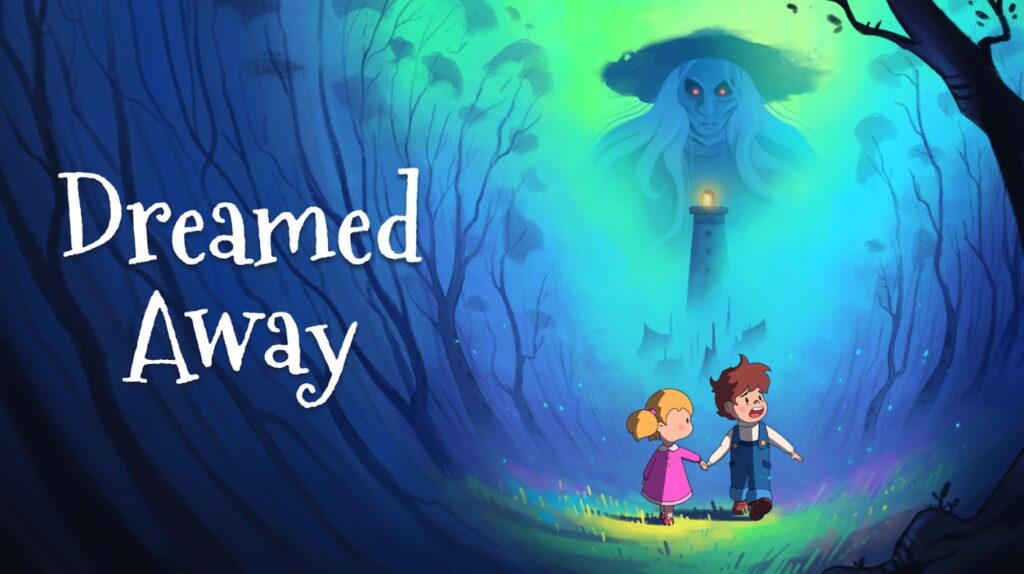Every so often, a game appears that doesn’t just borrow from its inspirations but feels like a lost relative, a familiar soul from a different dimension. Dreamed Away, the solo-developed passion project from Nicolas Petton, is one of those games. It wears its Earthbound and Omori influences on its sleeve, not as a costume, but as a genuine mark of its lineage.
This is an emotional action-adventure RPG steeped in the unsettling fog of psychological horror, set against the unlikely backdrop of 1990s France. It’s a game that feels like a shared, half-remembered nightmare—one filled with gorgeous pixel art, haunting music, and an emotional core so potent you can feel the “heart and soul” poured into every pixel.
As our review quote states: “Dive into a haunting world filled with emotional depth and fast-paced combat. Your choices shape the journey in this eerie mix of action, adventure, and RPG elements.” After waiting years for its release, we dove in and discovered a game that is as surprisingly scary as it is profoundly touching.
A Rainy Night in 90s France
The story begins with a classic horror trope: on a rainy summer night, young Théo wakes up in his bedroom to find his parents and his sister, Louise, have vanished. The world he knew is gone, replaced by a dark, mysterious, and unsettling reality. This new world is haunted by Phantoms and Revenants, and Théo must navigate its eerie, distorted landscapes in a desperate search for his sister, who always seems to be just one step ahead.
The game immediately poses the question: “Is it a nightmare or reality?” The world feels familiar — like home — but twisted and wrong. The atmosphere is a masterful blend of cozy, nostalgic safety and a creeping, subtle horror that crawls under your skin. It’s a story that is beautifully, emotionally written, and you can’t help but get lost in the mystery, theorizing about the truth behind Théo’s journey and the dark, unsettling mystery of his family.

The Art of a Waking Nightmare
Visually, Dreamed Away is a pixel art masterpiece. It’s clear the developer is a student of the “Motherlike” genre, as the graphics feel like a perfect evolution of the Earthbound aesthetic. Characters are lovely and expressive, while environments shift between vibrant, peaceful fields and oppressive, dark, and utterly alien locations.
The game uses this visual style to lull you into a false sense of security before pulling the rug out. One moment you’re in a colorful town, the next you’re in a disorienting, haunted space where you’re warned, “Don’t trust mirrors.” It’s this constant, harmonizing blend of light and dark that makes the world so compelling to explore. We didn’t expect a pixel art game to genuinely scare us, but several well-placed jump scares and the oppressive atmosphere had us on edge.
Combat Without Menus
Where Dreamed Away truly sets itself apart is its combat. Ditching traditional, menu-based JRPG combat, the game opts for a unique, real-time, skill-based system that feels heavily inspired by Undertale. When you attack, a timing bar appears, and landing your hit in the center deals maximum damage. It sounds simple, but even after hours in, landing a “perfect” hit is a satisfying challenge.
When enemies attack, the game switches to a series of fast-paced mini-games. You’ll find yourself dodging projectiles in a “bullet board” arena, or hitting rapid directional QTEs to parry a blow. Every enemy has different patterns and variations, keeping each encounter fresh, dynamic, and surprisingly difficult. There are no random encounters; every fight is a deliberate, engaging duel that tests your reflexes and pattern recognition. It’s a system that, while challenging (especially on Nightmare difficulty), always feels fair.

A Story That Hits the Heart
Dreamed Away is, at its core, a story-driven experience. Exploration is rewarded with secrets, puzzles, and encounters with memorable characters (pet the turtle, you won’t regret it). While the main path is relatively clear, the game encourages you to revisit areas and poke into every corner.
This is where the game’s emotional weight truly lands. The writing is superb, and it’s clear a “gnarly gut punch of sadness” is waiting for players at the end of the journey. The game is packed with tiny details—a small step back when a character is startled, a touching line of dialogue—that reveal the labor of love that went into it. It’s also a game where your choices matter, even in small ways, affecting the world and leading to different endings. This is a story that will stick with you, a mystery that demands to be solved.
A Haunting, Fitting Score
The entire experience is wrapped in a beautiful, haunting original soundtrack composed by the developer himself. The music perfectly captures the game’s dual personality, shifting from gentle, nostalgic tunes in safe areas to oppressive, eerie tracks that heighten the tension in the darker dimensions. The sound design is immersive, with effects and music working in concert to make the world feel alive and unsettling.
Minor Stumbles in the Dream
No game is perfect, especially one made by a single person. While Dreamed Away is incredibly polished (and runs beautifully on the Steam Deck), we did run into a few minor gripes. Some combat mechanics, like what to do when “keys turn green” or an “interrogation sign” pops up, aren’t explained, leading to some trial-and-error frustration. We also felt that one specific late-game area—the underwater lab—dragged on a bit longer than necessary, slowing the narrative momentum.
These, however, are minor blemishes on an otherwise stunning achievement. They do little to detract from the overall quality of this incredible solo-dev effort.
Pros:
- A deeply emotional and captivating story.
- Gorgeous, detailed pixel art that blends cozy and creepy.
- Unique, fast-paced, and skill-based combat system.
- Masterful atmosphere of psychological horror.
- Haunting and beautiful original soundtrack.
- Runs perfectly on Steam Deck.
- Choices that matter and lead to multiple endings.
Cons:
- Some combat mechanics are poorly explained.
- One or two levels (the underwater lab) can drag.
- Not as lengthy as the Earthbound or Omori games it’s compared to.
Dreamed Away: Dreamed Away is a triumph. It’s a game that understands what made Earthbound, Omori, and Undertale special, but it uses those inspirations to tell its own unique, haunting, and deeply human story. It’s a labor of love that shines through in every pixel, every note of music, and every emotional gut-punch. If you are a fan of "Motherlikes," emotional RPGs, or just a damn good story, you owe it to yourself – Flare


